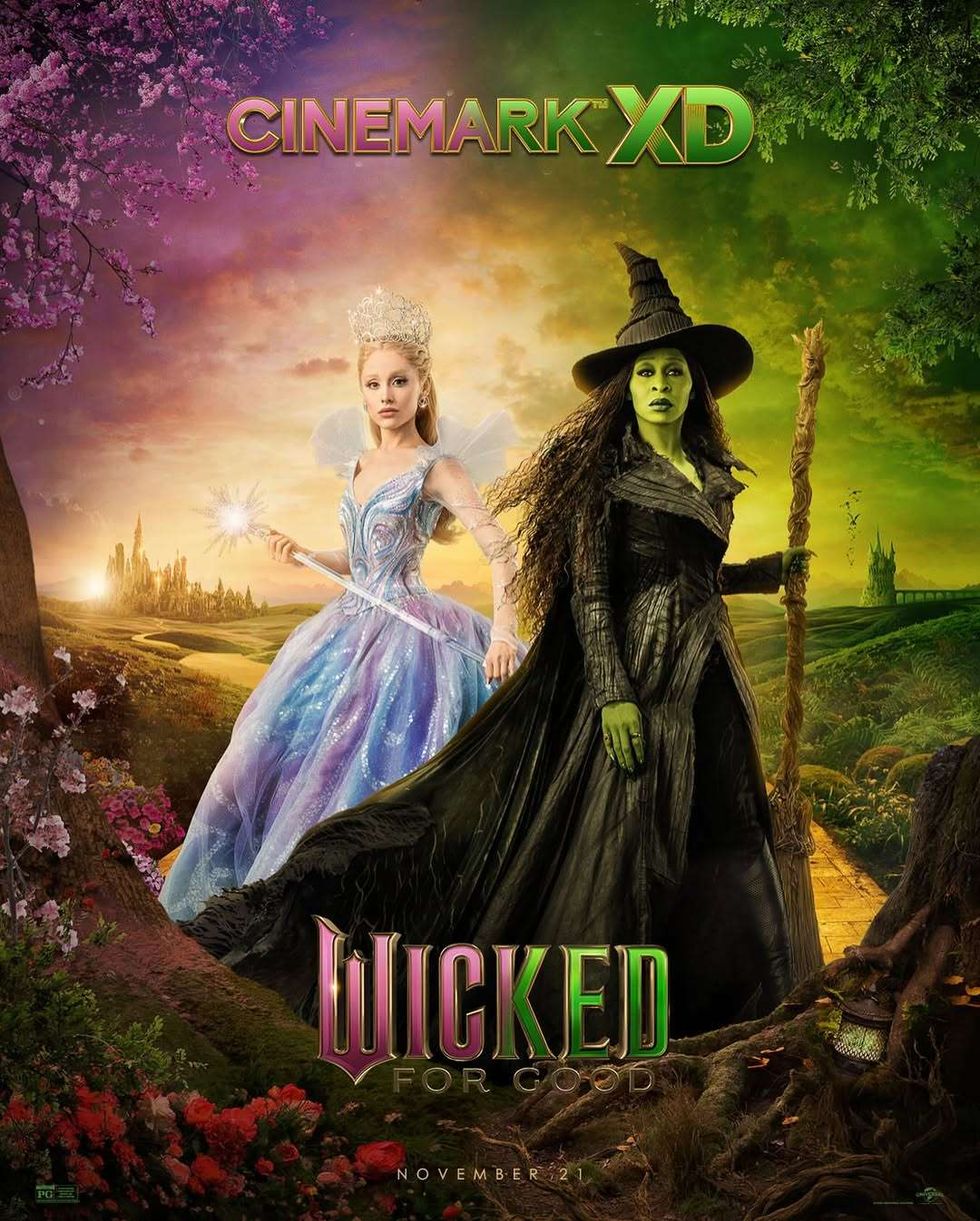After Sushant Singh Rajput’s demise, Kangana Ranaut has spoken about movie mafia, nepotism, outsiders being cornered in the industry, drug abuse in the industry, how she started feminism and nationalism, and a lot more. She has also targeted actresses like Urmila Matondkar, Swara Bhasker, and Taapsee Pannu in her interviews.
Well, recently while interacting with Mumbai Mirror, Shabana Azmi spoke about Kangana’s claims about the industry. The veteran actress said, “Kangana has started believing in her own myth. She says she taught feminism to the film industry, she taught it nationalism. I’m glad she spelled that out because nobody else had noticed! I think she fears the day when she will no longer be in the headlines and so has to keep making outrageous statements to stay in the news. Poor girl, why doesn’t she just do what she is best at, which is acting.”
Also, while talking about these allegations on the industry and how it would make Bollywood look bad, Azmi stated, “My primary identity is that of being a Hindi film industry actor and I am very proud of it. Unfortunately, the Hindi film industry is a sitting duck; it is easy to hurl malevolent accusations. It is a systematic campaign to divert attention from real issues, failing economy, China border tensions, spiralling COVID cases, and farmers’ agitation by putting the spotlight on the supposed ills of the film industry. Like Urmila Matondkar said, if the film industry is as awful as is being projected, why did the PM call a delegation and ask them to make films on Mahatma Gandhi’s ideology?”
Well, we wonder what Kangana has to say about this.





 Fans react to the latest Wicked For Good review cycle after the sequel release Instagram/wickedmovie
Fans react to the latest Wicked For Good review cycle after the sequel release Instagram/wickedmovie 






